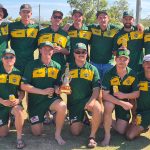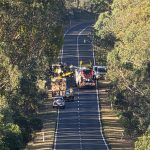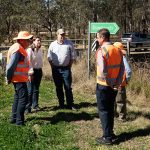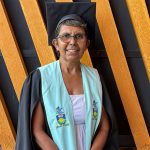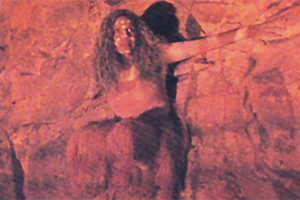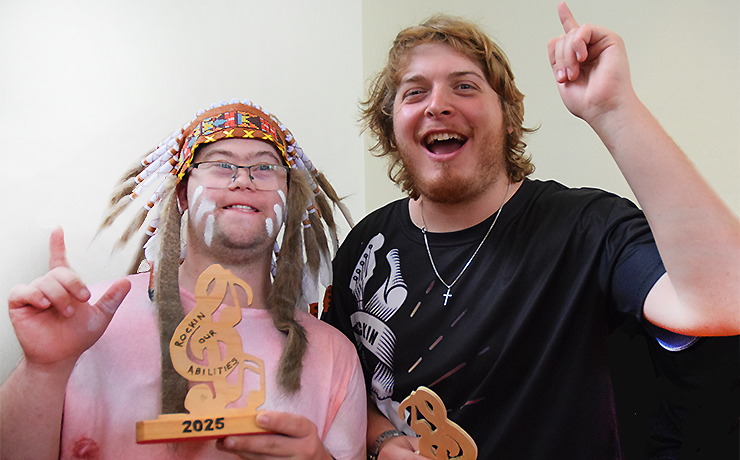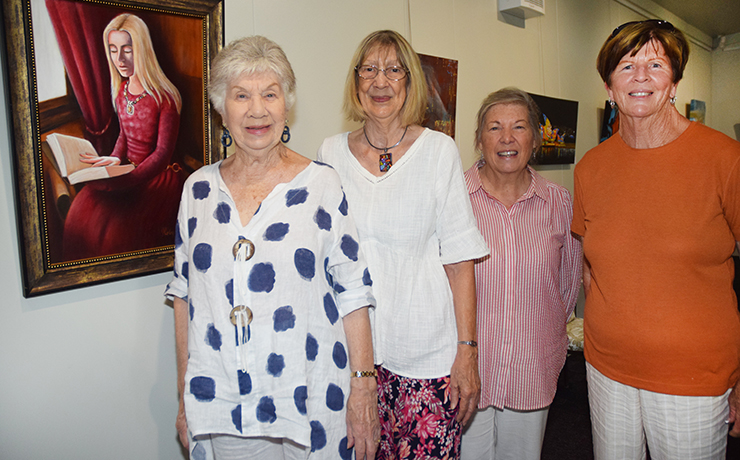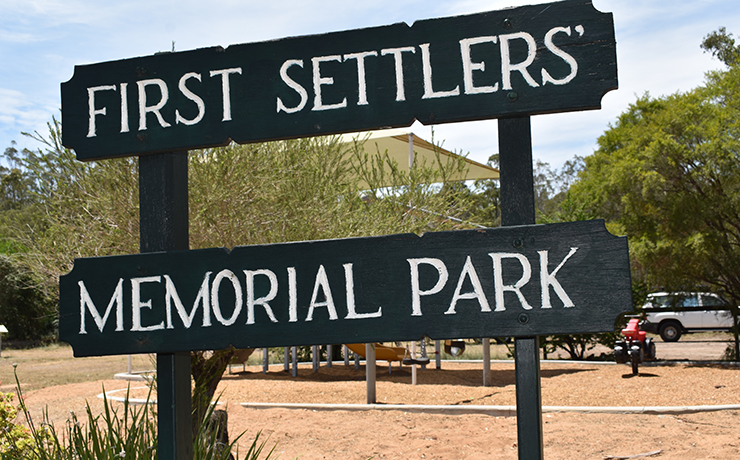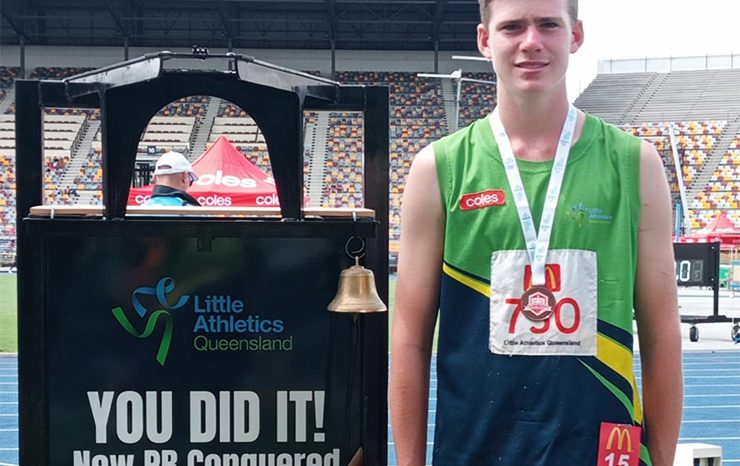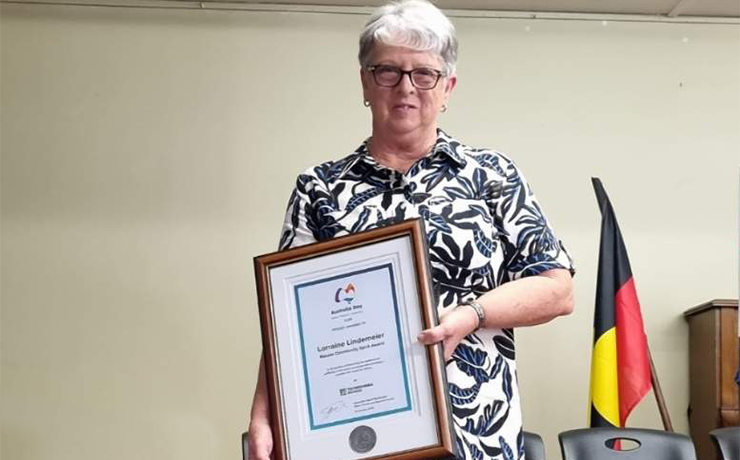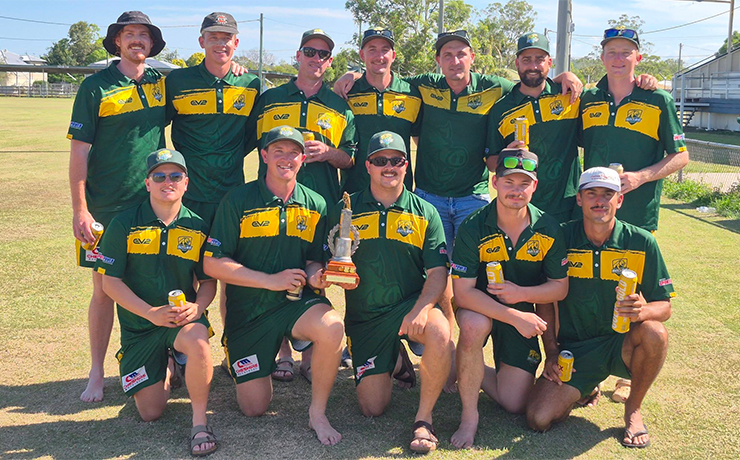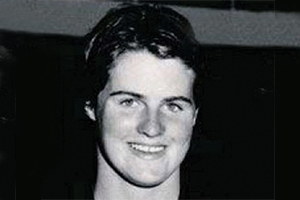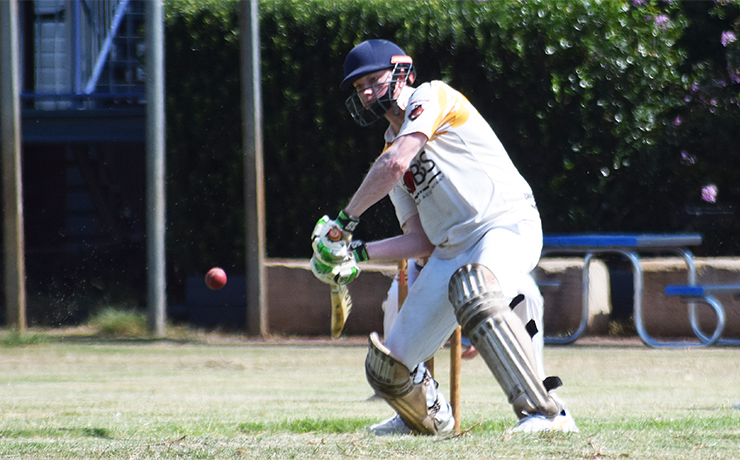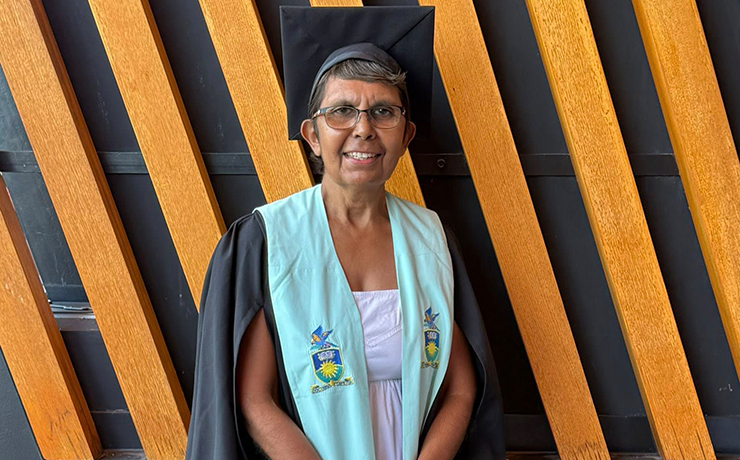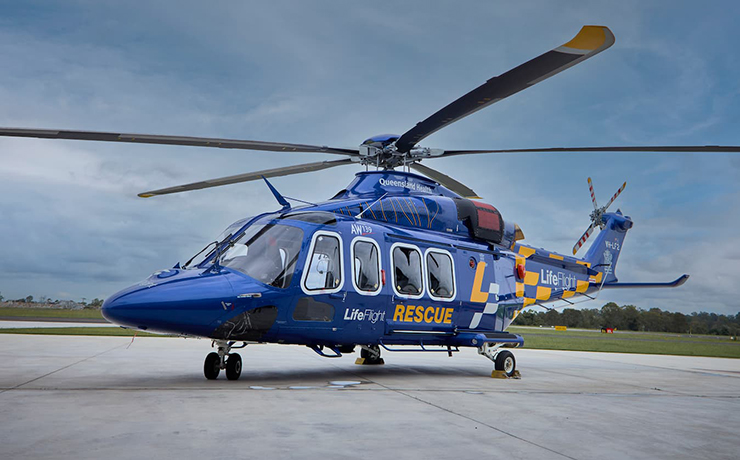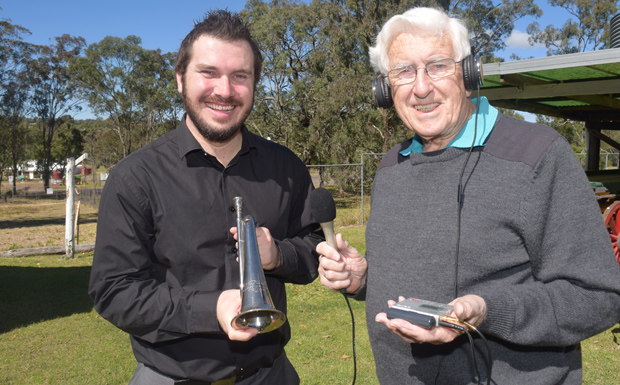
September 8, 2014
An echo from Australia’s World War I campaign in the Middle East sounded in Yarraman on Saturday.
Kingaroy State High School instrumental music teacher Matt Phillips was invited to play the historic “Beersheba bugle”, part of the large display of militaria at Heritage House.
Matt’s versions of the Last Post, Reveille (Rouse) and the Charge were recorded by veteran broadcaster Bob Hargreaves for Radio For The Print Handicapped (RPH), a national radio network aimed at people with a print disability.
Bob will also be sending copies to the Australian War Memorial for their archives.
The bugle was presented to the Yarraman Historical Society in June 2005 by Moore businessman Peter Dowdall.
It is inscribed “Australian Light Horse Charge At Beersheba, October 31, 1917” and is believed to have been sounded during this historic battle which is remembered as the world’s last great cavalry charge.
Matt said playing the army bugle was “challenging”.
He said it was a “rough military piece” rather than the more modern instruments he was used to playing.
“It’s an old instrument but is actually in very good condition,” he said.
“The challenge for me is to make it sound right.”
Bob said he would be using the recordings during a special he was preparing for Radio RPH to mark the anniversary of the Australian Light Charge in October.
* * *
According to the Australian War Memorial website:
Beersheba was a heavily fortified town 43km from the Turkish bastion of Gaza. It anchored the right end of a defensive line that stretched from Gaza on the Mediterranean coast.
The first two frontal attackes on Gaza, in March and April 1917, failed. The British Army re-organised before trying again. The capture of Beersheba would break the Gaza—Beersheba line and enable the British, Australian and New Zealand forces to outflank Gaza.
The British 20 Corps launched an attack on Beersheba at dawn on October 31, 1917.
By late afternoon the corps had made little headway toward the town and its vital wells.
Lieutenant General Sir Harry Chauvel, commanding the Desert Mounted Corps, ordered the 4th Light Horse Brigade forward to attempt to secure the position.
Brigadier General William Grant responded by ordering light horsemen of the 4th and 12th Regiments to charge at the unwired Turkish trenches.
The light horsemen did not carry swords or lances, so they held their bayonets in their hands and used them as “swords”.
The momentum of the surprise attack carried them through the Turkish defences.
The light horsemen took less than an hour to overrun the Turkish trenches and enter Beersheba.
Thirty-eight Turkish and German officers and about 700 other ranks were taken prisoner, and a supply of water was secured.
The Australians suffered 67 casualties. Two officers and 29 other ranks were killed, and eigtht officers and 28 other ranks wounded.
The fall of Beersheba opened the way to outflank the Gaza-Beersheba Line. On November 6, after severe fighting, Turkish forces began to withdraw from Gaza further into Palestine.
Beersheba (known as Be’er Sheva) is now the seventh largest city in Israel.
- External website: The Charge Of The 4th Light Horse Brigade







